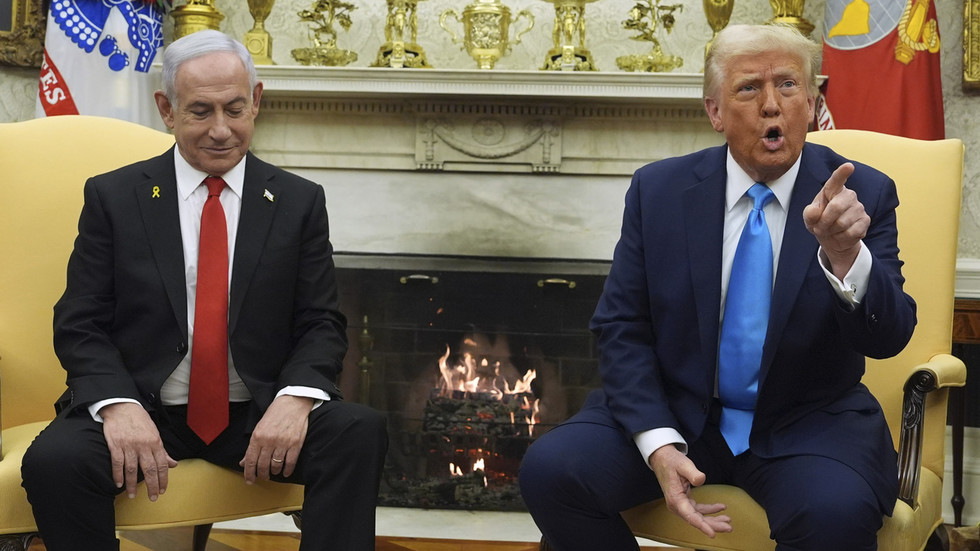The case is part of a grudge match between Musk and OpenAI CEO Sam Altman which is playing out in court.
Published On 4 Feb 2025
A United States federal judge has said that parts of Elon Musk’s lawsuit against OpenAI to halt its conversion to a for-profit entity might go to trial, adding that the Tesla CEO will have to appear in court and testify.
“Something is going to trial in this case,” US District Judge Yvonne Gonzalez Rogers in Oakland, California, said early in the court session on Tuesday.
“[Elon Musk will] sit on the stand, present it to a jury, and a jury will decide who is right.”
Rogers was considering Musk’s recent request for a preliminary injunction to block OpenAI’s conversion before going to trial, the latest move in a grudge match between the world’s richest person and OpenAI CEO Sam Altman that is playing out publicly in court.
The last time Rogers provided a preliminary injunction was in Epic Games’s case against Apple in May 2021.
Musk co-founded OpenAI with Altman in 2015 but left before the company took off and subsequently founded the competing AI startup xAI in 2023.
OpenAI is now trying to transition from a nonprofit into a for-profit entity, which it says it needs to do to secure the capital required to develop the best artificial intelligence models.
Last year, Musk filed a lawsuit against OpenAI and Altman, saying that OpenAI’s founders originally approached him to fund a nonprofit focused on developing AI to benefit humanity, but that it is now focused on making money.
He later expanded the lawsuit to add federal antitrust and other claims, and in December asked the judge presiding over the case to stop OpenAI from transitioning to a for-profit.
At the heart of the dispute is a 2017 internal power struggle at the fledgling startup that led to Altman becoming OpenAI’s CEO.
Emails disclosed by OpenAI show Musk had also sought to be CEO and grew frustrated after two other OpenAI co-founders said he would hold too much power as a major shareholder and chief executive if the startup succeeded in its goal to achieve better-than-human AI known as artificial general intelligence, or AGI. Musk has long voiced concerns about how advanced forms of AI could threaten humanity.
Altman eventually succeeded in becoming CEO and has remained so, except for a period in 2023 when he was fired and then reinstated days later after the board that removed him was replaced.
High stakes
In response to Musk’s lawsuit, OpenAI has said it will move to dismiss Musk’s claims and that Musk “should be competing in the marketplace rather than the courtroom”.
OpenAI has sought to demonstrate Musk’s early support for the idea of making OpenAI a for-profit business so it could raise money for the hardware and computer power that AI needs.
The stakes on OpenAI’s corporate transition have now escalated, as OpenAI’s last fundraising round of $6.6bn and a new round of up to $25bn under discussion with SoftBank are conditioned on the company restructuring to remove the nonprofit’s control.
Such a restructuring would be highly unusual, said Rose Chan Loui, the executive director of the UCLA Law Center for Philanthropy and Nonprofits. Nonprofit conversions to for-profits have historically been for healthcare organisations like hospitals, not venture capital-backed companies, she said.
Musk is not the only one challenging OpenAI’s for-profit transition. Facebook and Instagram parent Meta Platforms has asked California’s attorney general to block it, and the office of Delaware’s attorney general has said it is reviewing the conversion.

 2 hours ago
3
2 hours ago
3









